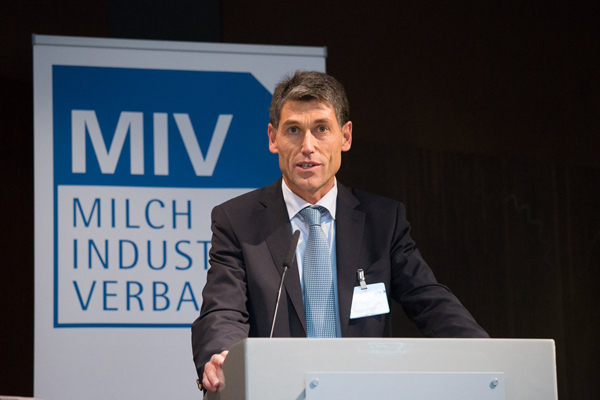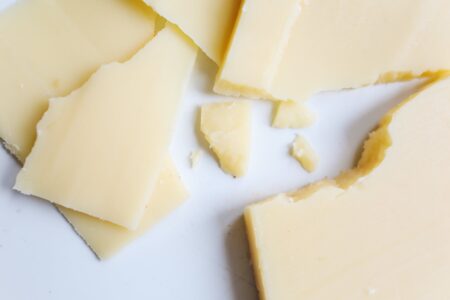MIV predicts price decline in Germany

The German Dairy Industry Association (MIV) expects a decline in milk producer prices in Germany for the first quarter of 2018, but do not dare to give a forecast on the further development of producer prices beyond the first quarter.
“It depends on how the EU behaves in terms of outsourcing policy or uses the opportunity to control through acquisitions,” says MIV president Peter Stahl. “The current price level is very attractive for milk production and has promoted the production of milk in many EU countries.”
At around €0.39/kg (4.0% fat, 3.4% protein) payments to dairy farmers were still very high in November 2017, mainly due to the record sales of milk fat and butter.
“The sales figures on the German market and in exports are good,” notes Stahl.
Germany is the largest milk producer in the EU. While Germany’s production volume was still significantly below the previous year’s level in the first two quarters of 2017 (-2.8%), the continuous rise in milk prices in recent times has also stimulated milk production in Germany. And the MIV expects a further increase in EU production volume of around 1.6% to 157.5 million tons of raw milk in 2018.
On the sales side, a differentiated picture emerges for the German dairies: high butter prices have led to a marked reluctance to buy, especially in the food retail sector (-9.7% until November).
Exports to the EU and third countries are also affected by high prices and the unfavourable euro-dollar exchange rate, which led to falling sales in the fat sector (-4.6%).
On the other hand, exports have benefited from the low price level of other products, such as skimmed milk powder. Germany’s exports of freshly produced skimmed milk powder have increased by 9.2%. Sales of German cheese (+2%) also remain at an encouraging level.
The MIV expects supply to outstrip demand, with or without milk supply remaining constant, with corresponding price pressure and increased volatility.
An intervention by politicians is not expected. In autumn, the last reduction premiums of the European milk programs had been paid out and according to the EU Commission and German Ministry of Food and Agriculture (BMEL) there are currently no funds available for further programs.
“Rather, the EU pursues the goal of significantly reducing the stock of skimmed milk powder stored in intervention and not buying new quantities,” says Stahl. This will keep prices for skimmed milk powder under further pressure.



